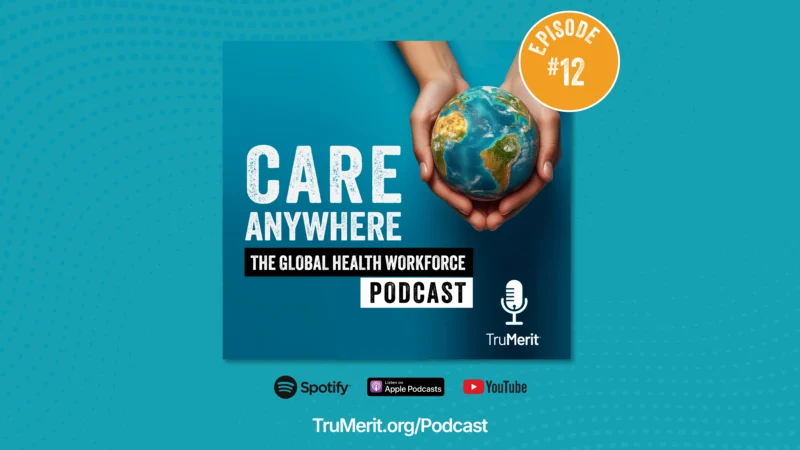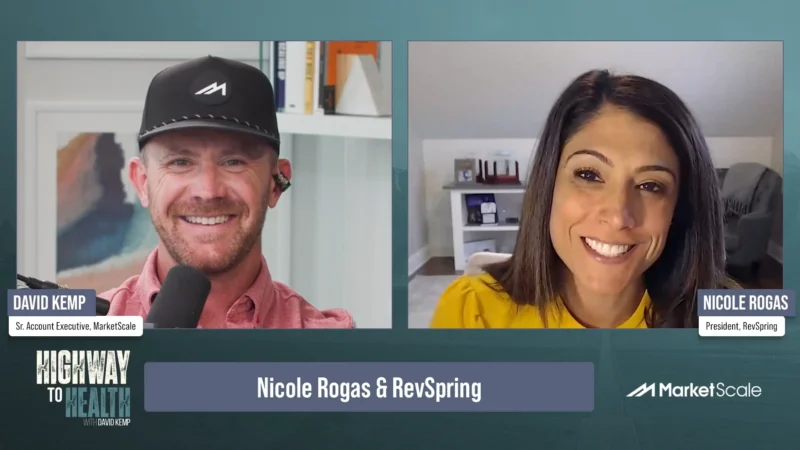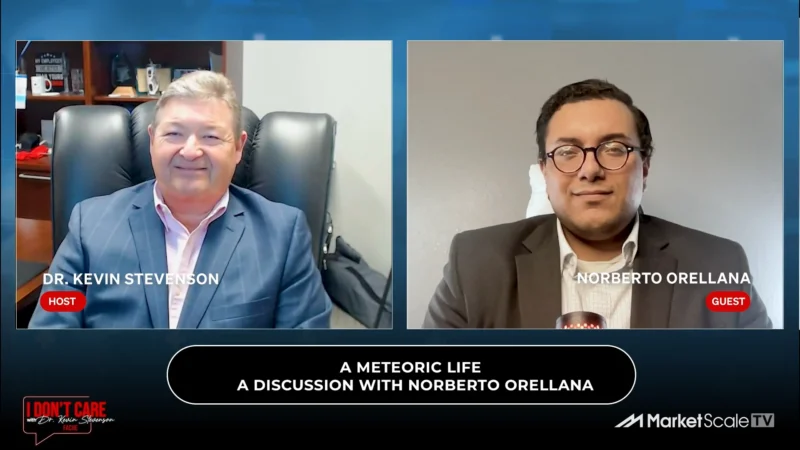CurveBeam Connect: The Impact of COVID-19 on Orthopedic Care
Dr. Francois Lintz, an orthopedic foot and ankle senior consultant at UCP Toulouse in France, joined Voice of B2B Daniel Litwin to dive into the impact of the COVID-19 pandemic on the French medical community and the world of orthopedics.
In France, the impact of the disease has been felt most regionally around Paris and Alsace, with measures including additional participation of doctors outside infectious disease specialties, the transfer of patients to other areas of the country, and more taking place.
Like many areas of healthcare, orthopedic treatment and surgery have taken a backseat to frontline efforts to fight back against the spread of the novel coronavirus.
However, this hasn’t coincided with a shortage of care – in fact, Lintz said, there’s less need for orthopedic procedures during this time.
“As for orthopedic surgeons like myself, most of us were prepared to go to war with the virus if it came to that,” he said. “But, in fact, because of confinement, people actually injure themselves less. They drive less, they do less sports – so we have fewer injuries, and hospitals have been able to cope with the level of trauma and injuries.”
Moving forward, the country, like the rest of the world, is looking for ways to get back to a new normal that will include a return to regular office visits, elective procedures and more.
For the latest thought leadership, news and event coverage across B2B, be sure to check out our industry pages.




